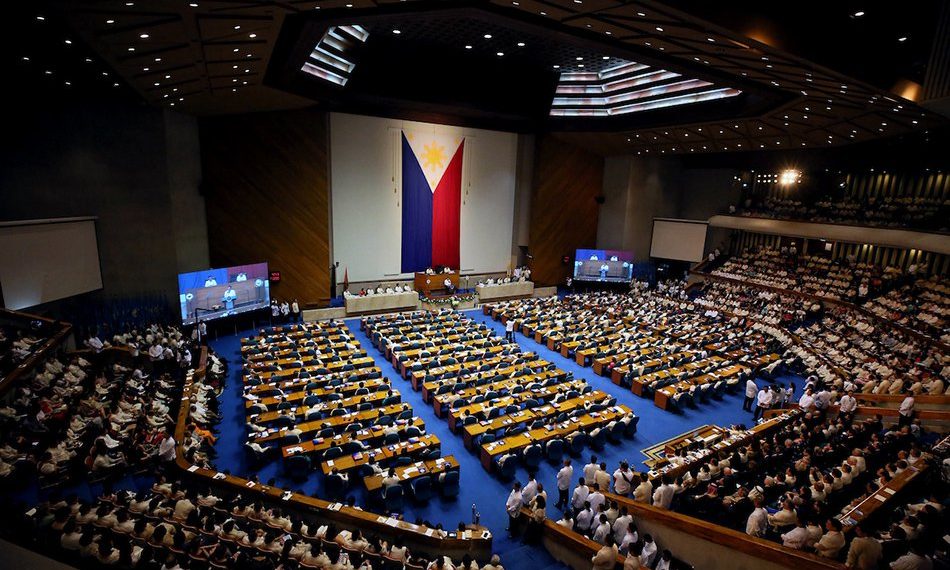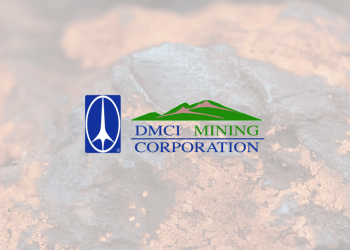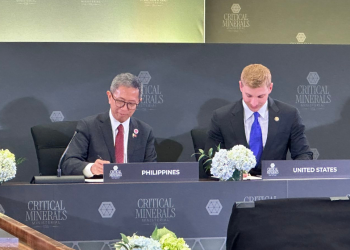Militant group with anti-mining sentiments, Alyansa Tigil Mina (ATM), has been critical of the supposed promotion of large-scale mining in the country through policy and advocacy works.
ATM stressed in a released statement that the October 2018 passage of House Bill 8400, also known as “An Act Establishing Fiscal Regime for the Mining Industry”, favored the mining industry by letting companies have lower taxes and royalty payments.
The same statement by the anti-mining group also indicated that the bill sponsored by House Committee on Ways and Means Chairperson Rep. Estrellita Suansing was pushed through to allegedly replace House Bills 422 and 7994.
Carol Pillora, ATM Policy Research and Advocacy Officer, explained that the key provisions of the measure have the inclusion of a three-percent royalty tax on large-scale mining operations located in places identified as reservation areas by the Mining and Geosciences Bureau (MGB).
House Bill 8400 also imposes royalty tax on small-scale mining operations and a margin-based royalty tax on large scale mining operations outside mining reservations.
“In effect, this new substitute bill lowered the payments of large-scale mining operations in mineral reservations. It would have been more just if all large-scale mining operations were levied a 10 percent royalty payment requirement, based on gross revenues,’’ the ATM statement read.
The group expressed their openness to new tax matrix for mining industry that aims to include communities and the whole country in reaping the benefits of the industry. They insist that margins of income should not be the basis of mining taxes, instead, they suggest it to be based on gross revenues of companies.
Although the Philippines is expected to earn an addition 1.8 billion revenue through the increase caused by TRAIN Law, ATM thinks this is not enough. According to Pillora, this lost in mining revenues will be worsened by TRAIN 2 (TRABAHO) that will lower corporate income taxes, including those of mining companies.
“The mining industry has profited so much already from the state’s resources but were not able to sufficiently contribute back to the society,’’ ATM said.
ATM is an alliance composed of more than a hundred people’s organizations, non-government organizations (NGOs), national environmental groups, church groups and academic institutions.
guiadenoivos.saojosedojardimeuropa.com.br
beyond.globalpranichealing.com
ejournal.akbidbungabangsaaceh.ac.id














